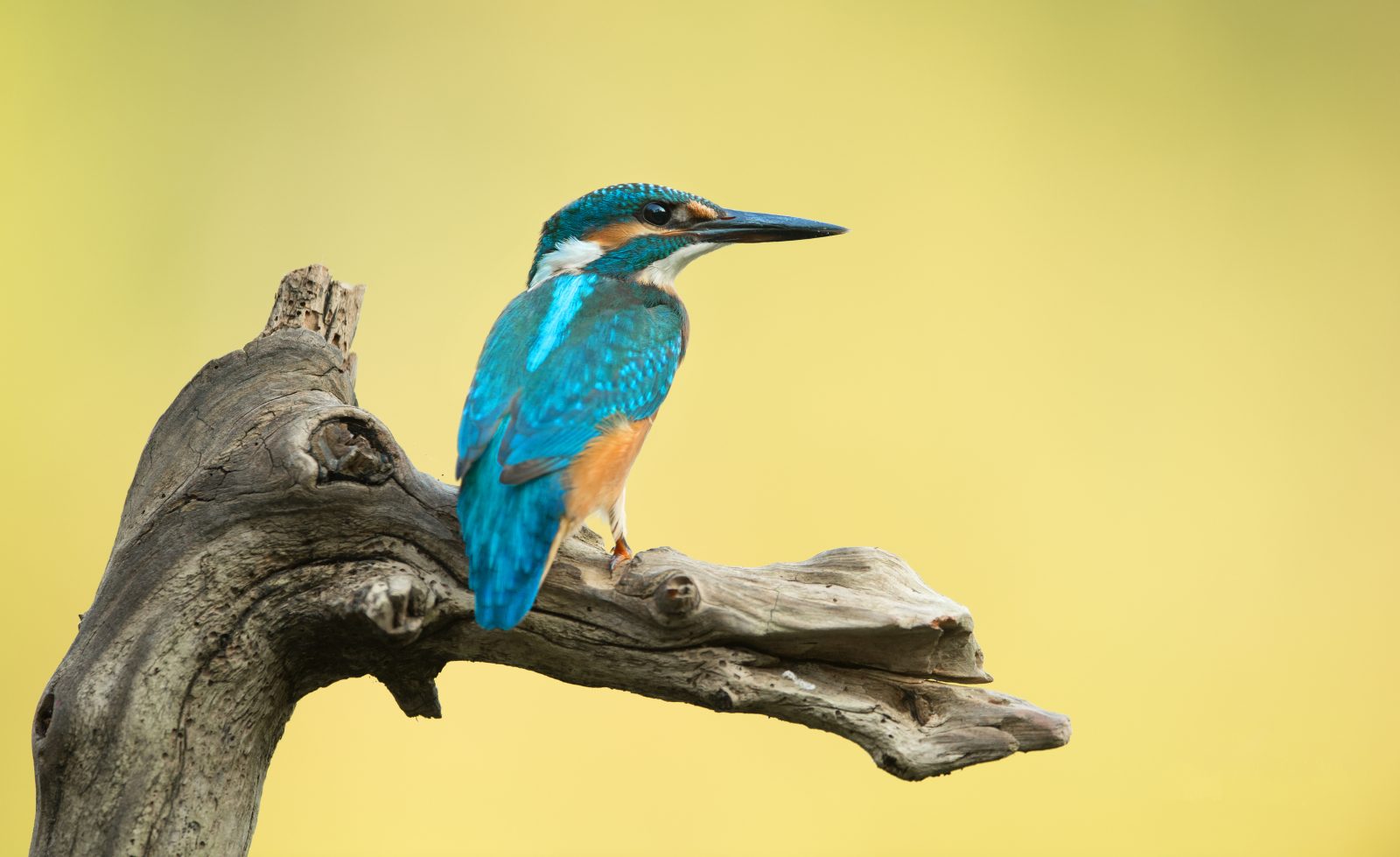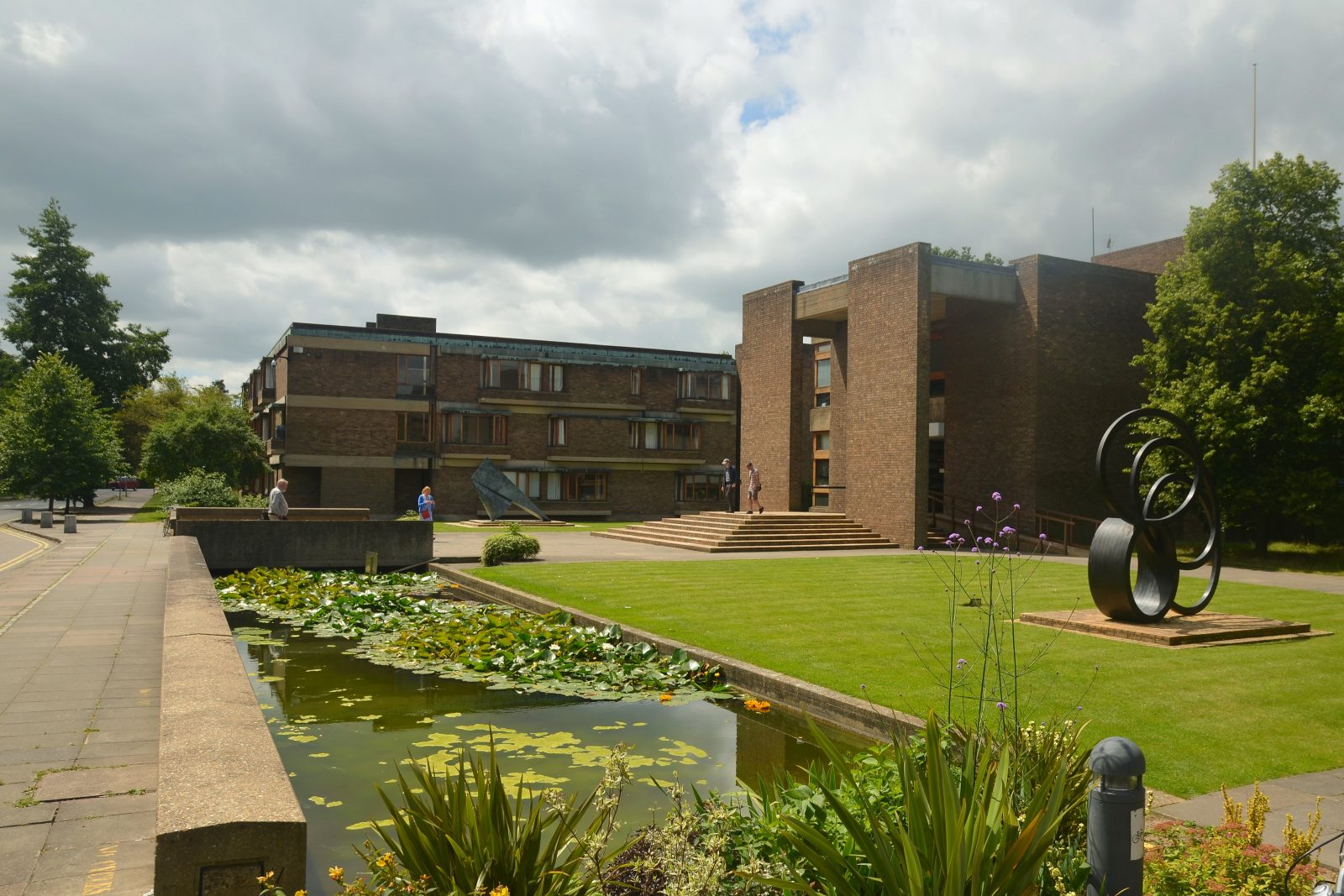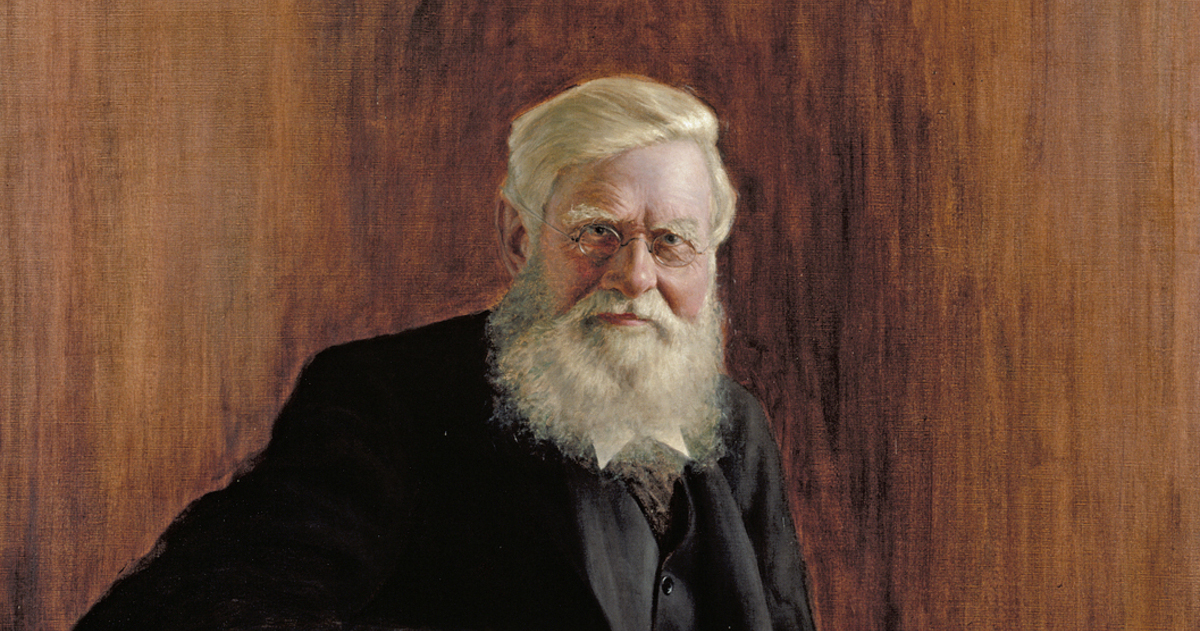
Edward Feser on Aristotle’s Revenge: Purpose and Essence in Nature
On this episode of ID the Future, Michael Egnor interviews philosopher Edward Feser about Feser’s new book Aristotle’s Revenge: The Metaphysical Foundations of Physical and Biological Science. Scientists can get along without Aristotle’s metaphysics, says Feser, but science can’t; in fact science presupposes Aristotle. Mechanistic views of nature have tried to make nature nothing but particles interacting, but a full understanding of nature requires that we include Aristotelian purpose, or teleology, and essences as well. Ultimately, Feser suggests, this leads us toward evidence for a divine mind behind it all.



